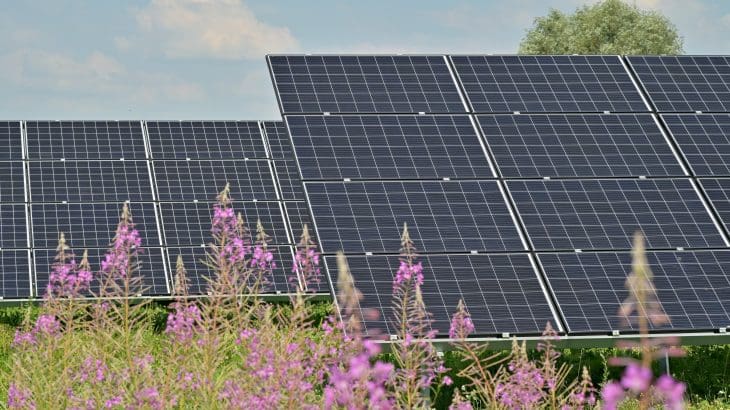Latin Americans are the most concerned about climate change, said a Pew Research Center Survey last spring. LatinOne spoke with Lisa Viscidi, Program Director for energy, climate and extractive industries at The Dialogue, to ask her in what ways does the COP21 Paris accord affect Latin America. Viscidi said that although Latin American demand for fossil fuels is expected to rise over the next decade, the Paris agreement will require Latin American countries to make a significant transition toward low carbon economic development and move away from energy produced from fossil fuels. Deforestation is a persistent issue for Latin America and Brazil’s pledge under the Paris accord to stop deforestation is an important contribution to reducing emissions – but Brazil will also have to improve monitoring systems to follow through on this commitment. Breakthroughs in technology will be critical to advancing the goals set in Paris and Latin America tends to lag behind other regions in this area; the governments of Mexico and Brazil have pledged to increase R&D spending on clean energy. Civil Society will be an important facilitator – the United Nations has stated that it depends on civil society in Latin America to make their governments come through on their agreements and promises. Finally the dangerous weather that increasingly plagues the region will continue – the NGO Germanwatch has stated that between 1995-2014 three countries in Latin America ranked among the global top 10 for extreme weather.
Read more here.


